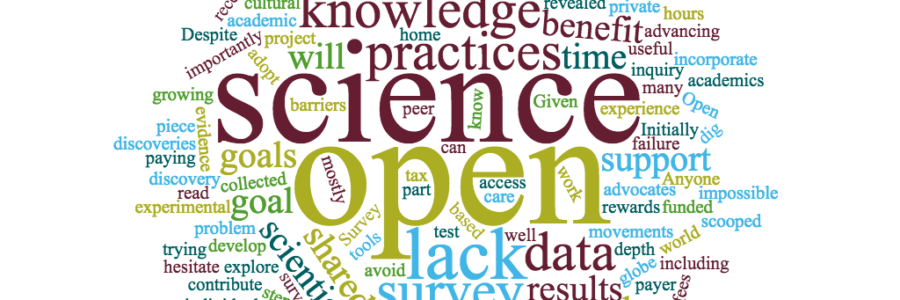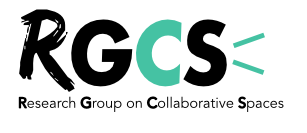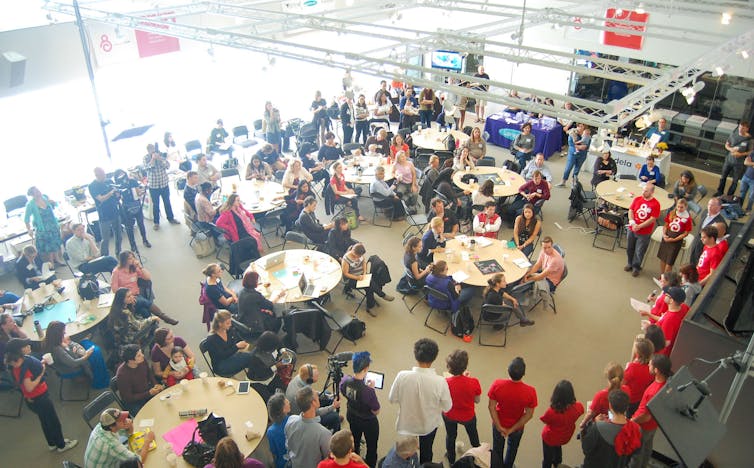Les promoteurs des sciences ouvertes ou citoyennes sont plus nombreux que jamais. S’ils ont d’abord été principalement issus du continent des sciences « naturelles », ce sont de plus en plus les acteurs des sciences humaines et sociales qui sont aujourd’hui dans le souci de l’ouverture. En revenant sur cinq années d’expérimentations ouvertes d’un collectif de chercheurs (RGCS), j’aimerais donner quelques éléments de réponse à la question : Qu’entend-on par « ouvrir » la science ? Quel sens donner à cette question quand on s’intéresse à des domaines a priori immédiatement accessibles comme les sciences humaines et sociales ? Après tout, il n’y qu’à aller dans une bibliothèque ou sur le Web pour y trouver des idées vulgarisées et donc accessibles. Et si l’on a du mal à comprendre le propos d’un physicien nucléaire, celui d’un.e sociologue ou d’un.e chercheur.e en gestion, peut-il vraiment poser problème ? Son jargon ne


